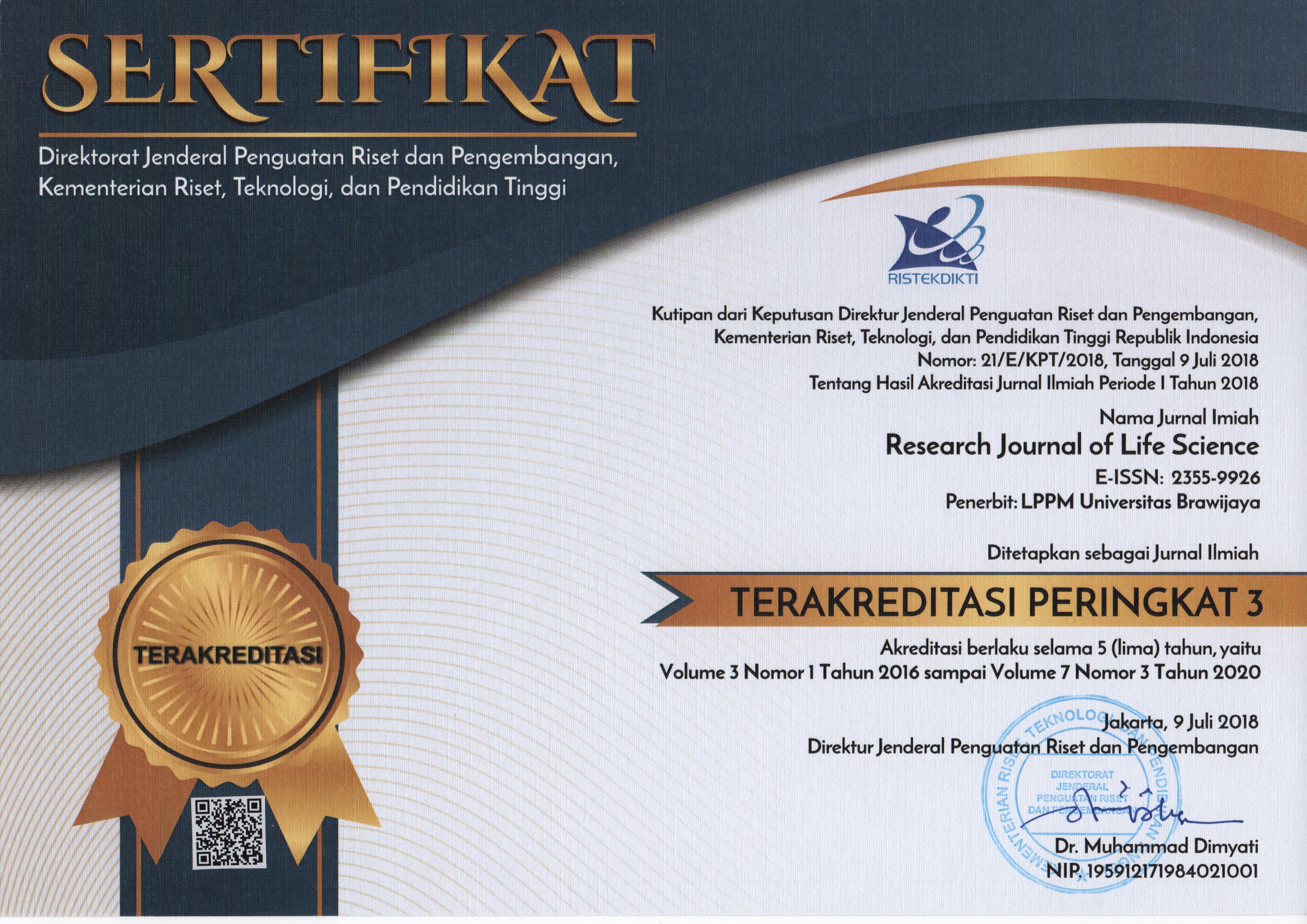Phenomenology Study : Family Experience in Elderly Care In Depok Jawa Barat
Abstract
The family has an important role in elderly care at home, where the majority of assistance and long-term care for the elderly is provided by the family. The nurse is responsible for assisting the family in caring for the elderly, so that in the end the family is able to provide elderly care independently at home. This study aims to explore family experiences in caring for the elderly at home. Researchers used qualitative research methods with a phenomenological approach. Data obtained through semi-structured interviews with 6 (six) participants. The research produced 5 themes: care for the elderly is a form of devotion to parents, care for the elderly requires physical and mental readiness, care for the elderly requires knowledge related to the elderly and how to care for the elderly, care for the elderly requires support from extended families, and feel the importance of supporting cadres and health workers. For conclusion, elderly families have a responsibility to meet the needs of the elderly, so that efforts are needed to improve the knowledge and skills of the family in order to properly care for and meet the needs of the elderly.
Keywords
Full Text:
PDFReferences
Aumann, H. H., Ruzmaikin, A., Teixeira J. (2008). Frequency of severe storms and global warming. Geophysical Research Letters, 35(19).
Czekanski, K. (2007). The Experience of Transitioning to the Caregiving Role for a Family Member with Alzheimer's Disease or a Related Dementia (Doctoral dissertation, Duquesne University). Retrieved from https://dsc.duq.edu/etd/450
Colaizzi, P.F. 1978. Phychologycal Research as the Phenomenologist Viws it. In R. Vaile & M. King (Eds.). Existential Phenomenological alternatives for Psychology, pp. 48-71. New York: Oxford University Press.
Dewi, V.P., Suratmi, T. & Agustin, D. (2010). Perawatan usia lanjut: studi kasus pada keluarga lanjut usia di Desa Citengah. Keluarga Indonesia: aspek dan dinamika zaman. Jakarta: Rajawali Pers.
Direktorat Bina Pelayanan Keperawatan & Pelayanan Medik Depkes RI. (2006). Pedoman Kegiatan Perawat Kesehatan Masyarakat di Puskesmas. Jakarta: Depkes RI.
Diwan, S., Hougham, G. W., Sachs, G. A. (2004). Strain Experienced by Caregivers of Dementia Patients. Journal of Palliative Medicine, 7(6), 797-807.
Fabrigar, L. R., Petty, R. E., Smith, S. M., & Crites, S. L., Jr. (2006). Understanding knowledge effects on attitude-behavior consistency: The role of relevance, complexity, and amount of knowledge. Journal of Personality and Social Psychology, 90(4), 556–577. https://doi.org/10.1037/0022-3514.90.4.556
Garlo, K., O'Leary J. R., Van Ness P. H., Fried T. R. Burden in caregivers of older adults with advanced illness. J. Am. Geriatr. Soc., 58(12):2315-22. doi: 10.1111/j.1532-5415.2010.03177.x
Hitchcock, J.E., Schubert, P.E dan Thomas, S.A. (1999). Community Health Nursing: Caring in Action. New York: Delmar Publishers
Holm, A. L. & Severinsson, E. (2013). A qualitative systematic review of older person’s perceptions of health, ill health, and their community health care needs. Nursing Research and Practice, vol. 2013(3), 672702. doi:10.1155/2013/672702.
Kaakinen, J. R. Gedaly-Duff, V., Coehlo, D. P., Hanson, S. M. S. (2010). Family Health Care Nursing: Theory, Practice, and Research. 4th Edition. Philadelphia: F. A. Davis Company.
Lueckenotte, A. G. (2000). Gerontologic Nursing. 3rd Ed. St. Louis: Mosby Elsevier.
Makizako, H., Abe, T., Shimada, H., Ohnuma, T., Furuna, T., Nakamura, Y. (2009). Combined effect of factors associated with burdens on primary caregiver. Geriatrics & Gerontology International, 9(2), 183-189. https://doi.org/10.1111/j.1447-0594.2009.00523.x
Meiner, Sue E., dan Annette G. Lueckenotte. (2006). Gerontologic Nursing (3thed.). Philadelphia: Mosby Elsevier
Messecar DC. Nursing Standard of Practice Protocol: Family caregiving. 2012. [March 13, 2016]. https://consultgeri.org/geriatric-topics/family-caregiving
Notoatmodjo, S. 2003. Ilmu Kesehatan Masyarakat Prinsip-Prinsip Dasar. Jakarta : PT. Rineka Cipta.
Notoatmodjo, S. 2003, Pengembangan Sumber Daya Manusia, Jakarta: PT. Rineka Cipta
Räsänen, P., Backman, K., Kyngäs, H. (2007). Development of an instrument to test the middle-range theory for the self-care of home-dwelling elderly. Scandinavian Journal of Caring Sciences, 21(3), 397-405.
Riasmini, N. M., Kamso, S., Sahar, J., and Prasetyo, S. (2013). The Effectiveness of Independent Family Group Model to Reduce Caregiver Burden and Improve the Caregiver Ability on Providing Care for Elder Person in Community. IOSR Journal of Nursing and Health Science (IOSR-JNHS), 1(5), 57-64.
Sahar, J. (2002). Supporting Family Carers in Caring for Older People in the Community in Indonesia. Queensland University of Technology, School of Nursing. Centre for Nursing research. Disertasi. Tidak dipublikasikan.
Stanhope, M., & Lancaster, J. (2004). Community and Public Health Nursing. 6th Ed. St. Louis : Mosby.
Starkweather, A. (2011). Caregiver and family functioning of older adults with spinal cord injury: a critical review of the literature spanning the past decade. Journal of Trauma Nursing, 18(2), 127-138.
Streubert, H. J. & Carpenter, D. R. (2003) Qualitative Research in Nursing: Advancing Humanistic Imperative. (3rd Ed). Philadelphia: Lippincott.
DOI: https://doi.org/10.21776/ub.rjls.2020.007.03.8
Refbacks
- There are currently no refbacks.

This work is licensed under a Creative Commons Attribution-NonCommercial 4.0 International License.










